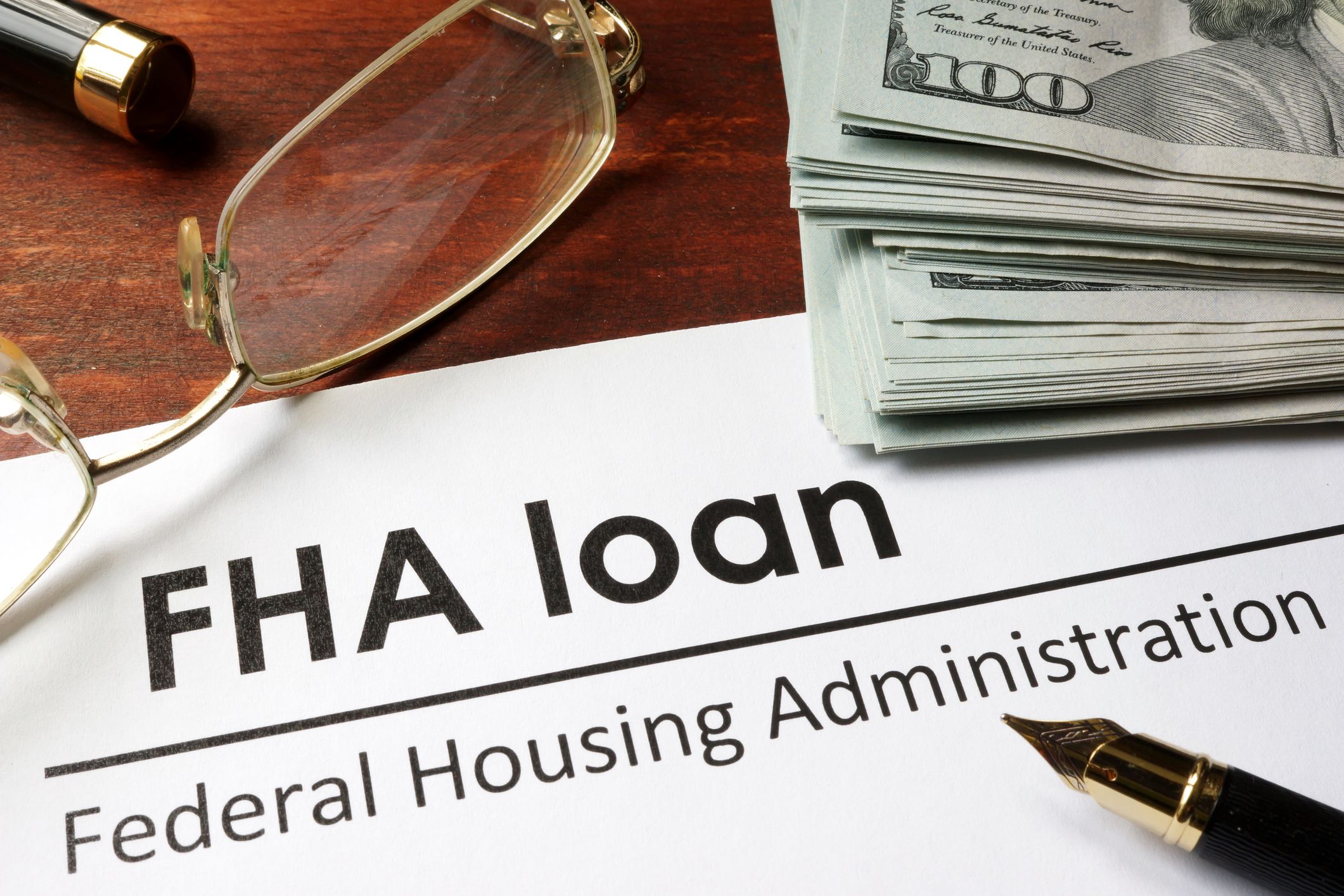[ad_1]
Federal Housing Administration (FHA) loans require all borrowers to have escrow accounts. The accounts are used to pay property taxes, homeowners insurance, and mortgage insurance premiums (MIPs).
Instead of paying taxes directly to the government or insurance premiums to the insurer, an FHA borrower pays toward these expenses each month as part of the mortgage payment, with that money placed in the escrow account. The funds from this holding account are used to pay the tax and insurance bills when they come due.
Key Takeaways
- An FHA loan is insured by the Federal Housing Administration and provided by an FHA-approved lender, made available to lower-income individuals and those with lower credit scores.
- FHA loans require escrow accounts.
- Escrow accounts are custodial holding accounts for money deposited each month by the borrower.
- When a borrower has an FHA loan, funds from the escrow account are used to pay property tax and insurance premiums when they come due.
How Federal Housing Administration (FHA) Loans Work
A Federal Housing Administration (FHA) loan is a type of mortgage issued by an FHA-approved lender and insured by the FHA. These loans are designed primarily for low- or moderate-income borrowers and require a lower minimum down payment than many traditional loans. In addition, FHA loans are more lenient in terms of acceptable credit scores (as low as 500).
How Escrow Accounts Work
An escrow account serves as a holding account managed by the lender, from which the property tax, homeowners insurance, and MIPs payments are made on the homeowner’s behalf. Each month, in addition to the principal and interest payment, the homeowner pays an estimated month’s worth of the yearly tax, insurance, and mortgage insurance payments. The escrow account holds this money until the bills come due.
Each year, the monthly escrow payments for the following year are adjusted up or down based on whether there was a shortage or surplus in the account for the current year’s payments.
Mortgage Insurance Premiums (MIPs)
A mortgage insurance premium (MIP) is a type of private mortgage insurance (PMI) specific to FHA mortgages and is required for every borrower. Conventional loans, which are not backed by the government, typically only need PMI policies if the down payment amount is less than 20% of the property’s purchase price.
Mortgage insurance premiums pay for an insurance policy that protects the lender in case the home is foreclosed on, and the lender cannot recoup the outstanding loan balance in full. Because FHA loans require a lower down payment, there is less equity in the property and a greater need for MIPs. Borrowers make MIP payments for either 11 years or the life of the loan, depending on the length of the loan and the loan-to-value (LTV) ratio.
What is an escrow account?
An escrow account for a mortgage holds funds to pay property taxes, homeowners insurance, and mortgage insurance. Lenders collect the amounts owed for taxes and insurance monthly and keep them in the escrow account, then make the appropriate payments when the bills come due.
What is a Federal Housing Administration (FHA) loan?
A Federal Housing Administration (FHA) loan is a loan that is backed by the U.S. government. FHA mortgages are designed for borrowers who have below-average credit scores and lack the funds for a big down payment.
What is a mortgage insurance premium (MIP)?
All FHA loans require borrowers to pay mortgage insurance premiums (MIPs). The mortgage insurance protects the lender in the event that a borrower defaults on their mortgage. In that case, the FHA pays the lender.
[ad_2]
Image and article originally from www.investopedia.com. Read the original article here.

